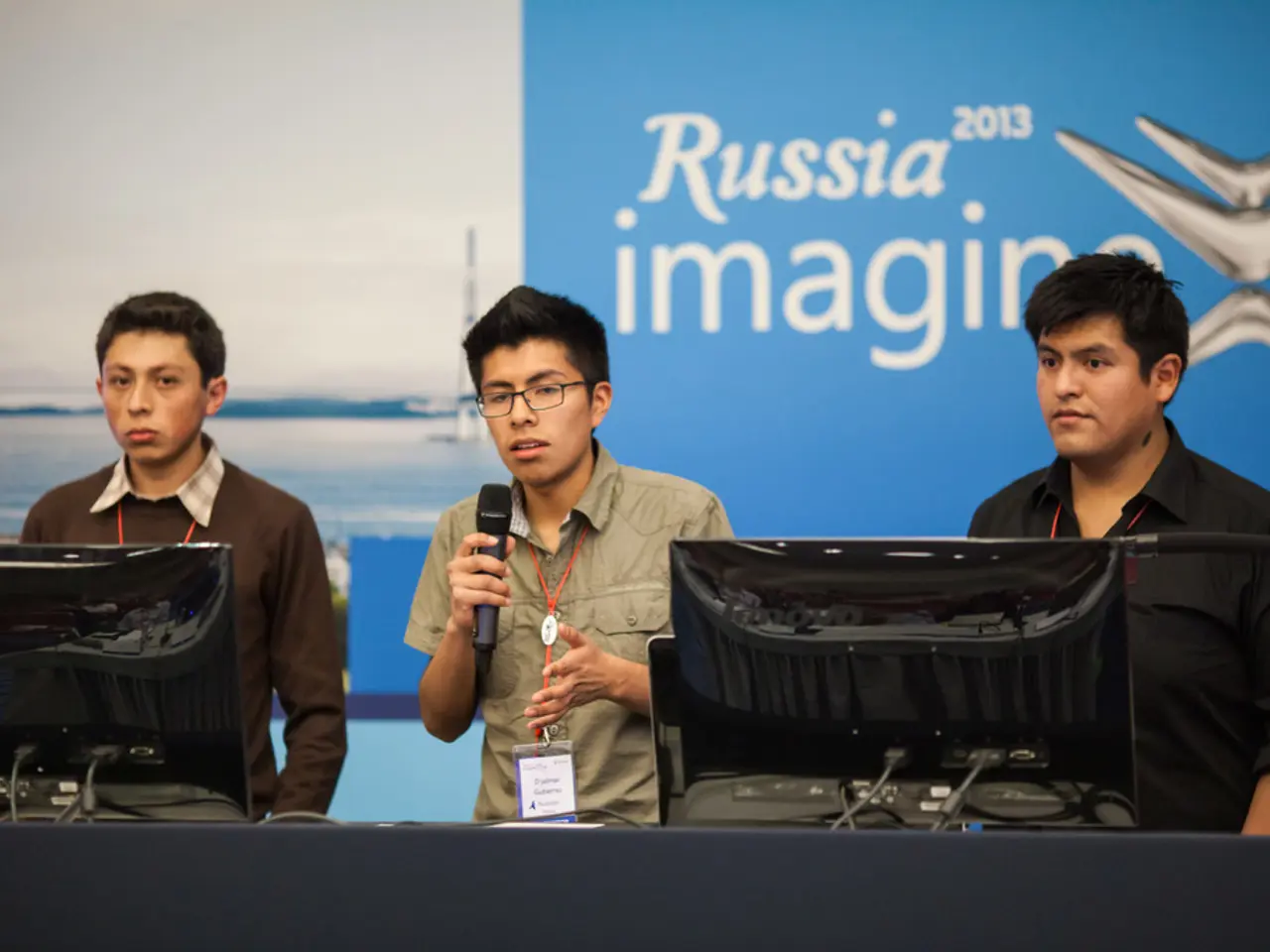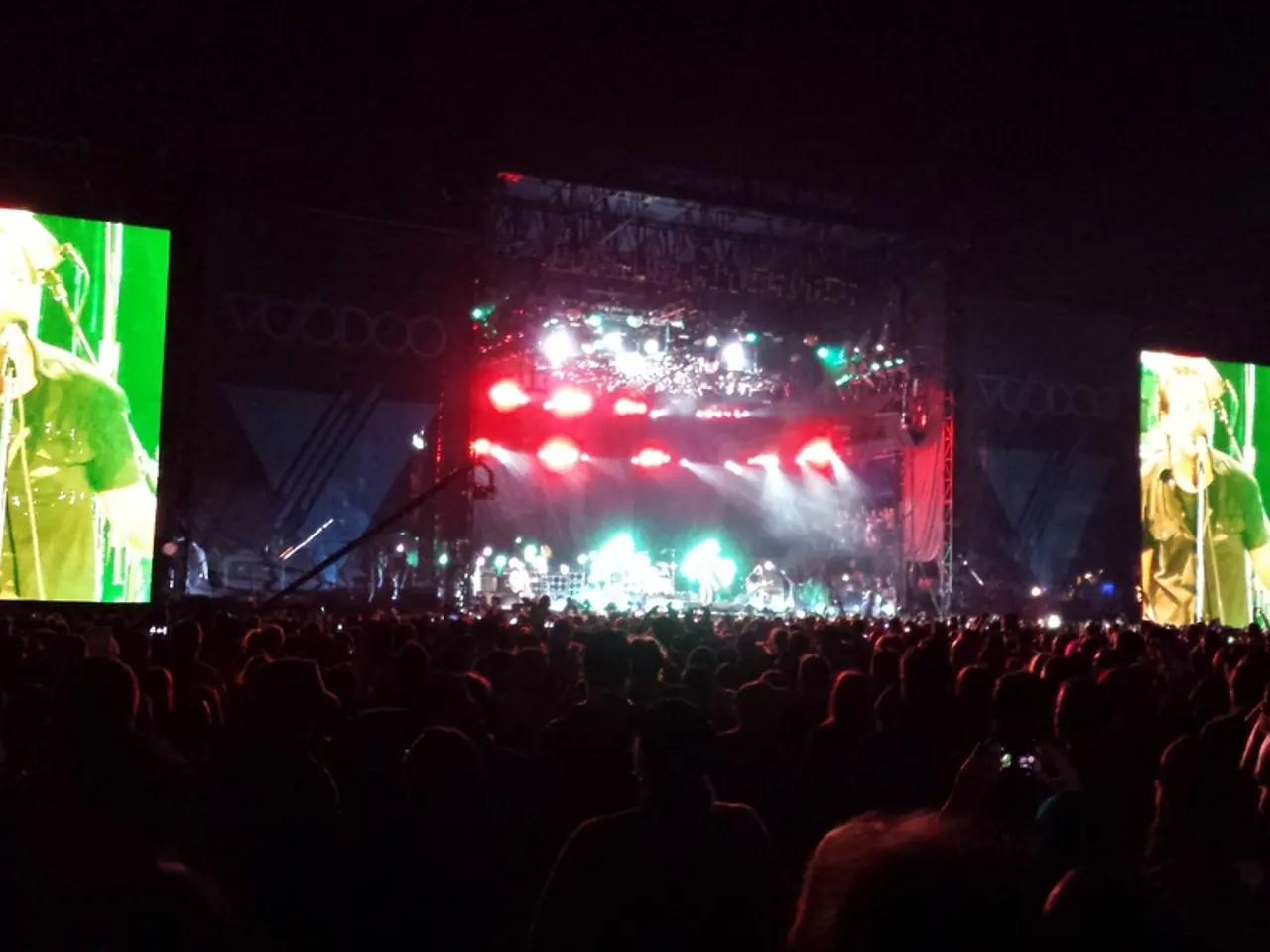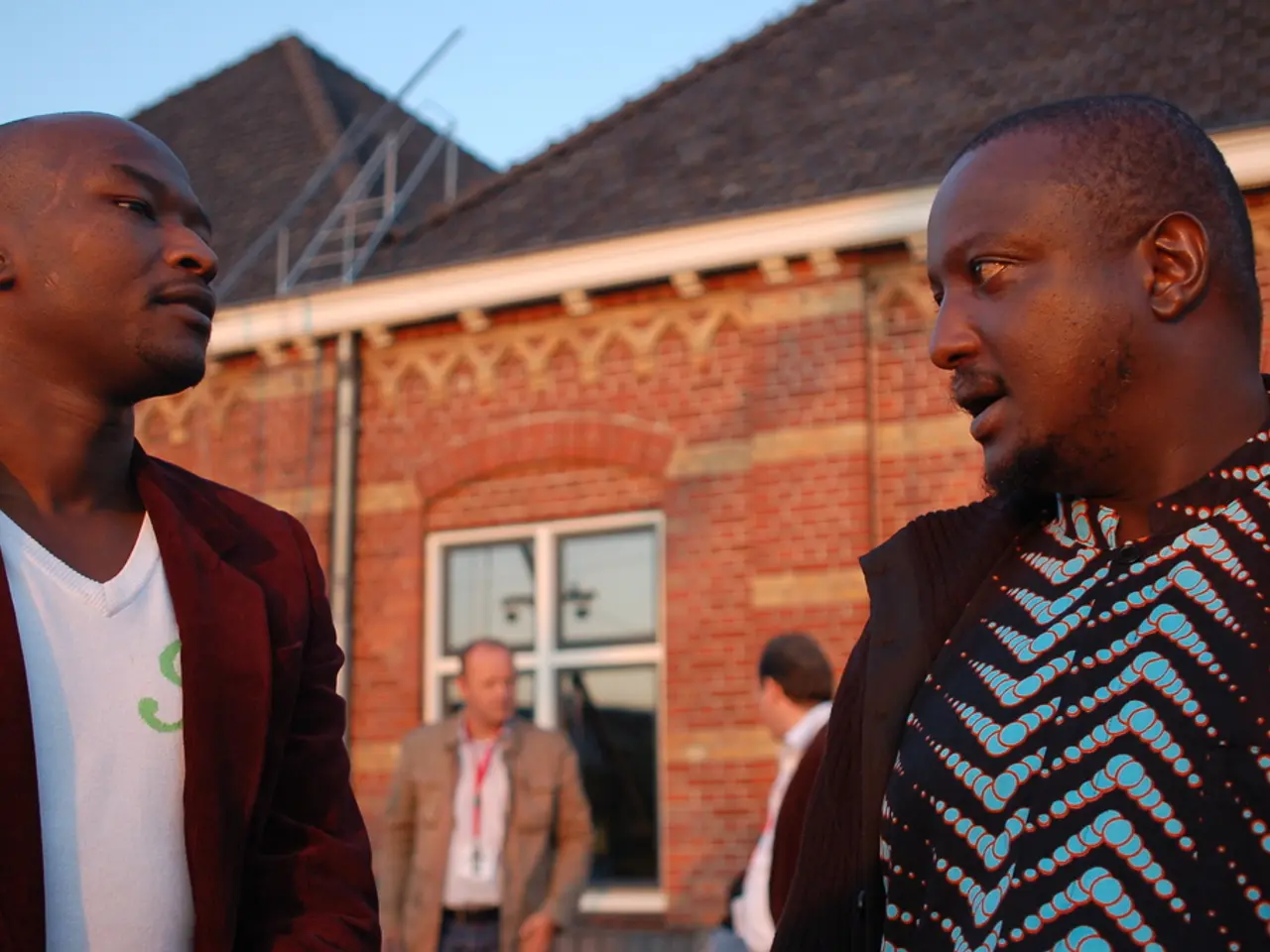Lukashenko voices desire for his future replacement
In a recent interview with a US media outlet, Alexander Lukashenko, the long-standing leader of Belarus, has suggested that he may not seek another term, just days before the fifth anniversary of mass protests against him. Lukashenko, who has ruled Belarus with an iron fist since 1994, has been the last European leader to enforce the death penalty [1].
However, the interview did not specify any concrete steps taken by Lukashenko to step down. Despite his repeated statements about not intending to stay in office much longer, Lukashenko has yet to take definitive action [2].
Lukashenko's regime has been marked by political repression, with many prisoners being subjected to torture and isolation for years, without any contact, even with family or lawyers [1]. Hundreds of thousands of people have fled Belarus due to this repression, and family members of those who have fled are also being persecuted and put under pressure [3].
The relationship between Lukashenko and Russian President Vladimir Putin has significant influence, while the ultimatum from former US President Donald Trump seemed to have no effect [4]. Lukashenko is 70 years old and hopes to remain as fit as Trump, who is 79 [5].
Lukashenko has denied that his youngest son Nikolai will succeed him, emphasizing that the next leader should be "a person from within the system" who understands Belarus's challenges and can maintain the country's independence and stability [1]. The future leader should be a pragmatic and experienced figure, capable of managing pressures from both Russia and the West without pursuing radical changes or experiments that might destabilize the country [1].
Lukashenko has tied Belarus closely to Russia, limiting his own room for maneuver [6]. He violently suppressed mass protests against his undeniably rigged re-election on August 9, 2020 [7]. Lukashenko secured another term until 2030 in an election criticized as unfair and undemocratic in January [8].
Human rights organizations have condemned unprecedented repression in Belarus on the fifth anniversary of the protests, with around 1,200 political prisoners still in detention [9]. It is often unclear whether these prisoners are still alive [10]. The article does not mention any new information about the political prisoners or their conditions in detention [11].
Sources: [1] Reuters, "Lukashenko hints at end of reign, but offers no successor in Belarus", 2021 [2] BBC News, "Belarus: Lukashenko says he won't run again, but won't step down", 2021 [3] Amnesty International, "Belarus: Thousands flee Belarus under Lukashenko's repression", 2021 [4] The Guardian, "Lukashenko's Belarus: How Putin's influence has shaped the nation", 2021 [5] The Washington Post, "Lukashenko seeks to emulate Trump's fitness at 70", 2021 [6] The New York Times, "Lukashenko's Belarus: A pawn in Putin's game", 2021 [7] The Associated Press, "Belarus: Lukashenko's brutal crackdown on opposition", 2021 [8] The Economist, "Lukashenko's sham election", 2021 [9] Human Rights Watch, "Belarus: Mass arrests and torture mark fifth anniversary of protests", 2021 [10] Radio Free Europe/Radio Liberty, "Belarus: The disappeared", 2021 [11] Al Jazeera, "Belarus: Lukashenko's denial of political prisoners' conditions", 2021
- The European Union, along with other international bodies, has increasingly included the fight against terrorism, politics, and crime-and-justice issues related to Belarus in their agendas, considering the repressive regime led by Alexander Lukashenko.
- As the political unrest in Belarus continues, general-news outlets are closely monitoring the situation, paying particular attention to the status of political prisoners and the state of human rights in the country.








